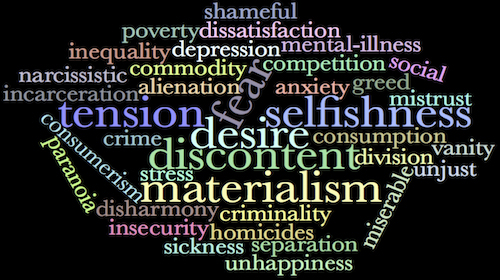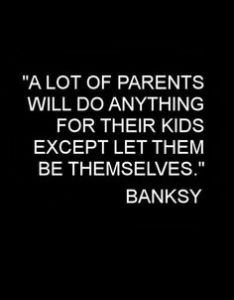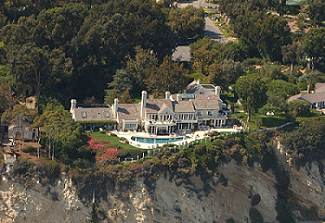By: Chris Warren.
I’m somewhat proud of how rarely I appear on my personal social media pages, and in weak moments when I scroll through my feed and see what everyone else is prattling about, I’m reminded of why I’m rarely on social media.
Those in my circle who must announce to the world their every ache and illness, every visit to the doctor, and the subsequent results of the visit, are annoying but tolerable. I have offline personal relationships with most of these people, so I just roll my eyes and give them a pass.
And the person who posts more selfies than a thirteen year old girl might be cute if they actually were a thirteen year old girl. But they are, in fact, an unattractive middle aged man who is fairly easy to dismiss as a creepy, narcissistic, pathetic attention whore with more vanity than a Hollywood champaign party. Luckily, I’m not friends with him in real life. I’m not even sure why I’m “friends” with him on line. Maybe I’ll explore that in a future Twenty First Summer article.
Another breed of social media bottom feeder that has been popping up more and more and needs to be added to my list of things to deride is the social media prima donna.
A social media prima donna is someone who, not always but usually by the nature of their employment, think they are worthy of an elevated status or deserve special recognition for their sacrifices, both real and perceived.
The professions that fit the profile are diverse; teachers and public sector employees are the most common in my sphere. One piece of electronic flotsam that recently drifted my way reminded me how teachers selflessly help students and grade papers off the clock. It continued: Teachers put up with so many headaches and hassles and boo hoo! they want the whole damn world to know how awesome they are for it. Honestly, they are pretty awesome for it. But that’s not the point..
Here’s my problem with this whinefest: Accountants, IT administrators, engineers, utility workers, auto mechanics, insurance agents, office managers, secretaries, veterinarians, flight attendants, and tons of other people also make unrequited sacrifices out of duty to their vocations, and they also put up with a lot of headaches and hassles. But I don’t see any of them fishing for sycophants on Facebook.
The internet princesses want everyone to genuflect and offer perpetual accolades because they teach our kids or drive a truck or do whatever it is they do that makes them think they warrant more square inches of platitudes on my screen than anyone else.
To be clear, I’m not saying that what these people do is unremarkable or not worthwhile, or that they don’t merit respect. What I am saying is that they are not better or more deserving than anyone else. “The whole world would suck without me!” crybaby act is a tiresome trope even if the basic premise of the statement is true.
These jobs are and the people who do them are indeed very important. But so are carpet cleaners and bar tenders and cashiers and pizza delivery guys and every other occupation that does not lend itself well to compulsory hero worship by others. It’s not easy to find a social media meme extolling the virtues of being a plumber, yet we are never more than one toilet flush away from finding out how big of a deal plumbers are.
This issue is much more than sappy social media memes. More disturbingly, it is the growing attitude of entitlement, amplified by the internet, that induces people to believe that they are owed an elevated status. Every “like,” every “share,” feeds the pig of superiority.
For reasons even the social media prima donnas themselves might not understand, the simple, silent dignity of leaving work every day knowing they busted their asses and did something meaningful is not enough. Social media prima donnas can’t feel whole until they’ve announced to the entire internet how much they sacrifice for us ingrates.
I’m not taking the bait. I don’t owe teachers and other public employees any more respect than I owe cab drivers and call center service reps. Everyone is valuable and needed and worthwhile. Get over yourselves. You know who you are, and regrettably, so do the rest of us.






